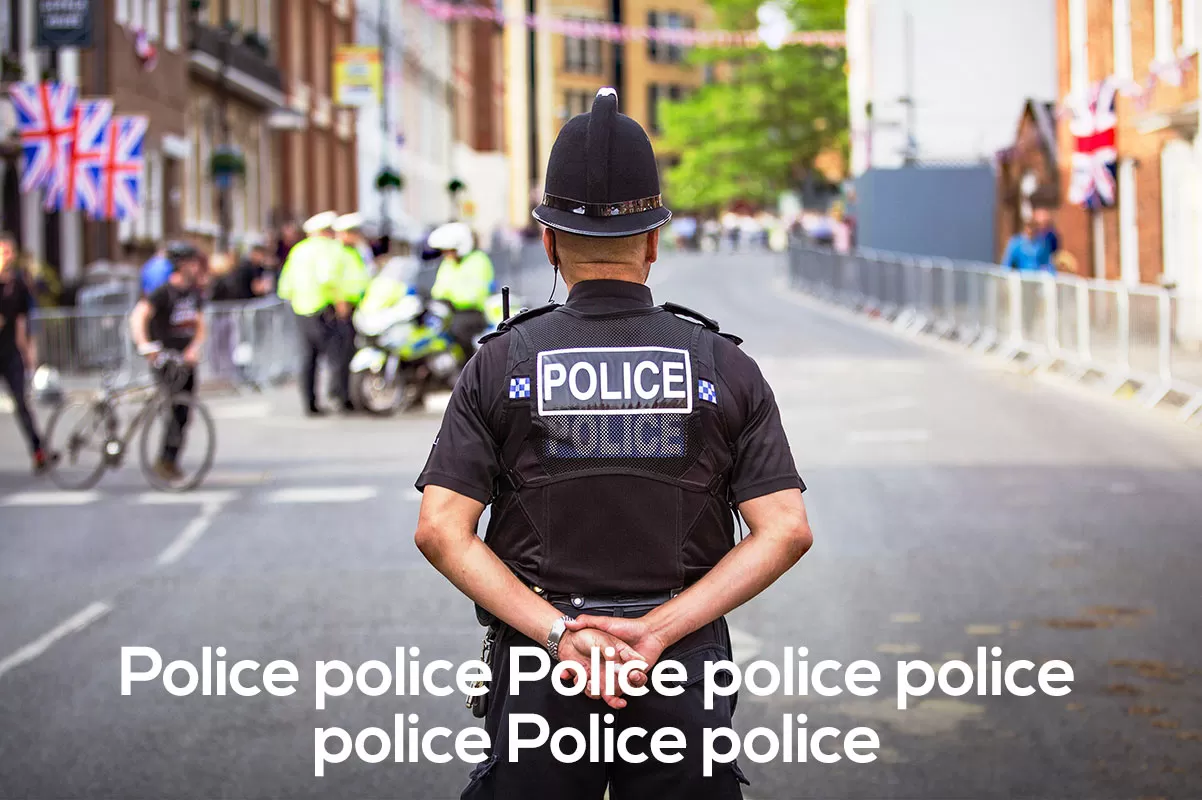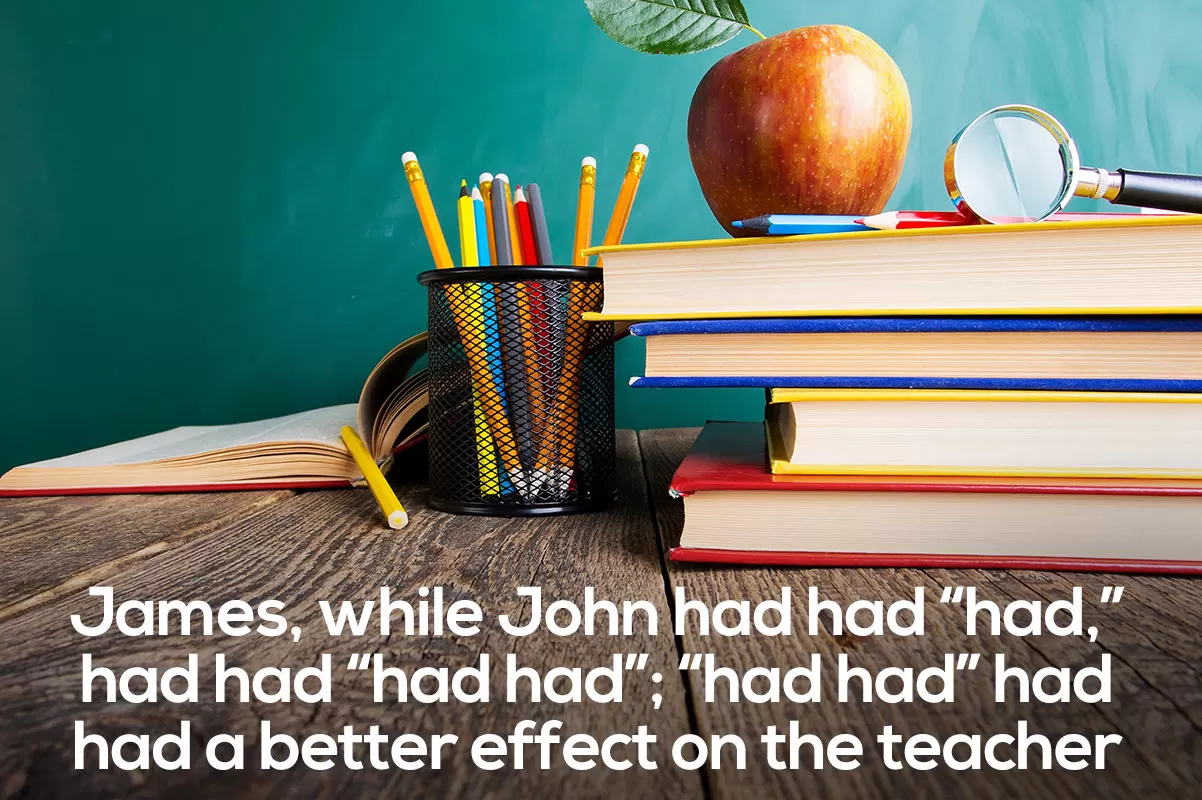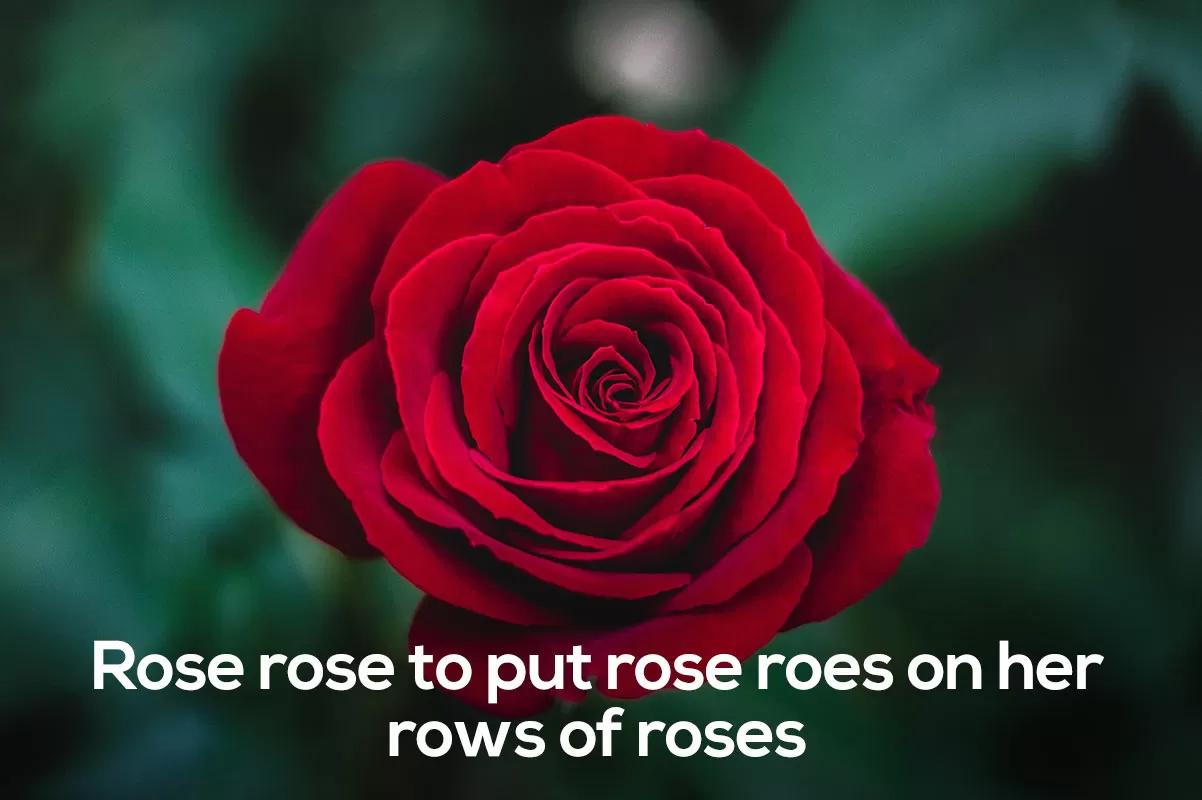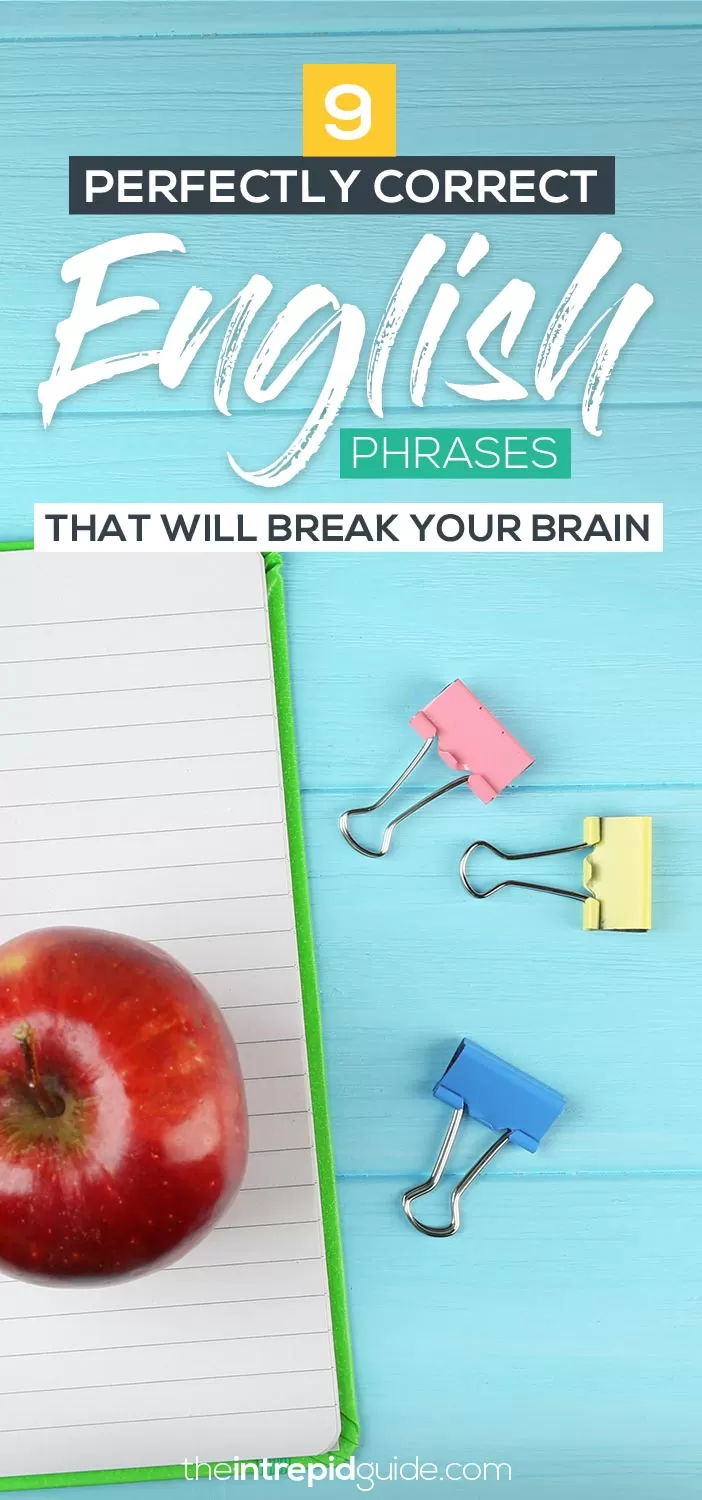What to challenge yourself? The English language can be a little crazy at times. Here are 9 brain teasers with answers that will test your brain power.
I’m going to single-handedly break your brain by means of using homograph sentences. Say what now?
Put simply, a homograph is a group of words that are spelled the same way but have different meanings. They may or may not be pronounced the same way, although the difference in pronunciation is often just a shift in the accented syllable.
The term is of Greek origin where homo means ‘same’ and graph meaning ‘to draw or write’.
However confusing or ridiculous these sentences seem, I assure that they are technically accurate. To help you understand what’s actually being said I’m added in addition punctuation and hyphens for clarity.
1. A ship-shipping ship ships shipping-ships

A ship-shipping ship ships shipping-ships
This phrase gained popularity after the internet meme. This sentence contains three similar versions of the same word — a noun, adjective, and verb. Here, the adjective is actually a participle, “shipping,” or a verb functioning as a modifier.
Let’s break this down further.
A ship-shipping (compound participial adjective) ship (noun) ships (verb) shipping-ships (compound participial noun).
If we wanted to simplify things further we could substitute the word “boat” as the noun and “transports” as the verb. The sentence then reads more clearly: A boat-shipping boat transports shipping-boats. Make sense?
2. Buffalo buffalo Buffalo buffalo buffalo buffalo Buffalo buffalo

Buffalo buffalo Buffalo buffalo buffalo buffalo Buffalo buffalo
As we saw previously, this sentence contains three different versions of the word “buffalo” including the animal (a noun), the city (adjunct noun/adjective), and the action of bullying (verb). Here is what the sentence really looks like.
Buffalo (the city) buffalo (the animal) [that] Buffalo (the city) buffalo (the animal) buffalo (verb) buffalo (verb) Buffalo (the city) buffalo (the animal).
And if you still don’t get it, let’s substitute the word “bison” as the noun version of buffalo and the verb with a synonym like “bully.” I’ve moved around and added words for extra clarity.
Bison from the city of Buffalo [that] [other] bison from the city of Buffalo bully [also] bully bison from the city of Buffalo.
3. Police police Police police police police Police police

Police police Police police police police Police police
Even lesser known than the city of Buffalo, is the Polish city, Police. Three different forms of the same word come into play in this sentence – law enforcement (the noun), the city (an adjunct noun/adjective), and the verb.
Let’s substitutes these words out again. Let’s use “patrol” as the verb and “law enforcement” as the noun.
Law enforcement from Police [that] [other] law enforcement from Police patrol [also] patrol law enforcement from Police.
4. Can-can can-can can can can can can-can

Can-can can-can can can can can can-can
Again, we have the same word with three different meanings: can-can referring to the dance; can, a verb meaning “able”; and can, which is another verb meaning to put in the trash, or euphemistically to outperform.
Can-can, the dance, that other can-can, the dance, are able to outperform are also able to outperform other examples of can-can, the dance.
Is your brain hurting yet?
5. Will, will Will will Will Will’s will?

Will, will Will will Will Will’s will?
This one’s a little easier to grasp.
Will (a person), will (future tense helping verb) Will (a second person) will (bequeath) [to] Will (a third person) Will’s (the second person) will (a document)?
Someone asked Will #1 directly if Will#2 plans to bequeath his own will, the document, to Will#3. Obviously!
6. James, while John had had “had,” had had “had had”; “had had” had had a better effect on the teacher

James, while John had had “had,” had had “had had”; “had had” had had a better effect on the teacher.
This one comes with a story to provide more context.
Two students, named James and John, were asked on an English test to describe a man who, in the past, had suffered from a cold. John wrote: “The man had a cold,” which the teacher marked as incorrect. James, however, wrote: “The man had had a cold.” Since James’ answer was right, it had had a better effect on the teacher.
James, [while John had written “had,”] had written “had had”; “had had” had left a better effect on the teacher.
The use of the double “had” is called past perfect tense and puts the action further back in time, suggesting that the man had had a cold but doesn’t anymore. Got it?
7. Rose rose to put rose roes on her rows of roses

Rose rose to put rose roes on her rows of roses
In this example are we have homophones which are words that sound the same but have a different meaning.
- Rose, a woman.
- rose, the verb meaning to get up.
- rose, the flower.
- rose, the colour.
- roes, the fish eggs (in this case, used as fertilizer).
- rows, the lines.
A woman named Rose got up to put rose-coloured fish eggs on her rows of roses.
8. If it is it, it is it; if it is it is it, it is.

If it is it, it is it; if it is it is it, it is.
Only substitutions will be able to make any sense of this one.
If A is B, then B is C; If the idea is [that] A is C, then the idea is [correct].
9. That that exists exists in that that that that exists exists in.

That that exists exists in that that that that exists exists in.
The various forms of “that” affect this example, too. We’ll switch the demonstrative adjective “that” with “this” and the relative pronoun “that” with “which.” And when we have two examples of the verb “exist” next to each other, we’ll change the second to “occur.”
[The fact] that “that” exists occurs in a situation which this “that” exists [also] occurs in.
Essentially, the two different versions of “that” in this sentence, exist in some situation simultaneously.
If you liked this, don’t miss these!
- 20 Hidden Meanings of English Place-Names You Probably Didn’t Know
- 10 Bizarre Ways to Say ‘LOL’ in Different Languages
- Blond or Blonde: Why Do Genders in English Exist?
- 25 Wonderful Phrases Shakespeare Invented that You Use Every day
- 10 Unusual Things to do in London You Never Knew About
- Transatlantic Accent: Why Did Actors in Old Movies Have Weird Accents?
- 15 Country Flags and their Hidden Meanings You Won’t Be Able to Un-see
- 30 Incredible Stories Behind English Idioms and Phrases You Use Every Day
Like it? Pin it for later!

Sources
Photo of ship-shipping ship ships shipping-ships by Freek van Arkel and Business Insider
Over to you!
Did these sentences break your brain? Which sentence confuses you the most?
Let me know using the comments section below or join me on social media to start a conversation.
Thanks for reading and I hope you enjoyed this post.
Like what you see? Subscribe using the form below to have all of my posts delivered directly to your email.

